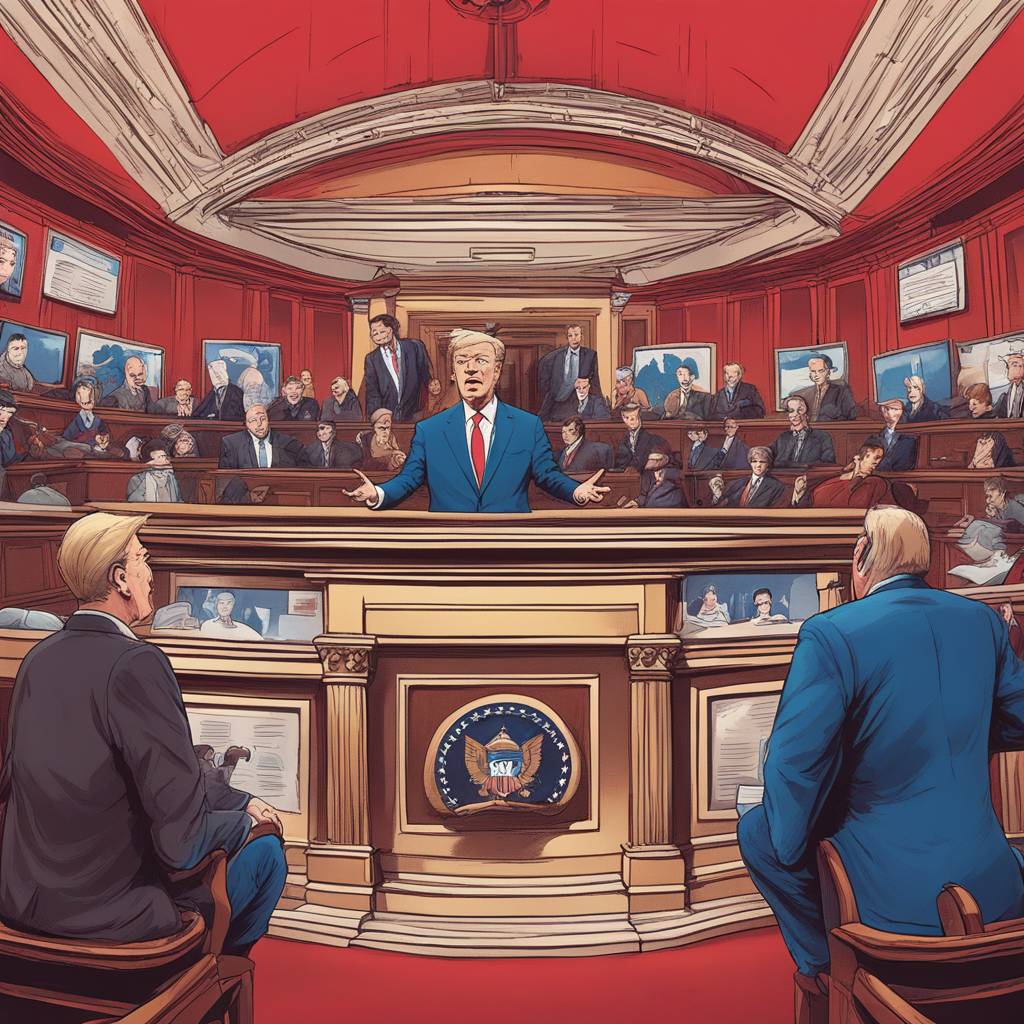Lawmakers from both sides of the aisle have expressed concerns about the popular social media platform TikTok, with some calling for a ban due to worries about the content young people are exposed to. Congressman Mike Gallagher, Senator Josh Hawley, and Representative Jake Auchincloss have all voiced their support for a bill that could potentially ban TikTok in the United States. However, critics argue that such a ban could violate the First Amendment rights of both the company and its users.
The proposed bill aims to address national security concerns related to TikTok’s Chinese ownership. Lawmakers fear that the Chinese government could use the app to spy on Americans or influence civic discourse in the U.S. While supporters of the bill argue that it is not targeting free speech but rather the conduct of TikTok’s parent company, critics point to statements made by lawmakers linking the ban to specific content showcased on the platform. These statements could be used against the bill in court if it is challenged on First Amendment grounds.
TikTok has vehemently opposed the bill, arguing that it would harm millions of small businesses and erode First Amendment rights. The company has urged its users to get involved in the fight against the bill, prompting a flood of calls to lawmakers leading up to its passage in the House of Representatives. Despite the pushback from TikTok and its users, Representatives Gallagher and Krishnamoorthi have doubled down on their support for the bill, citing concerns about the platform spreading misinformation and interfering in the legislative process.
Legal experts like Jameel Jaffer argue that a blanket law restricting ownership of social media giants may have a better chance of surviving a constitutional challenge than a bill specifically targeting TikTok. Jaffer emphasizes the importance of distinguishing between protecting American ownership and restricting access to certain types of information, noting that the latter could be deemed unconstitutional. Courts will ultimately have to weigh the national security concerns surrounding TikTok against the potential infringement on free speech rights.
The debate over TikTok’s future in the United States highlights the complex intersection of national security, free speech, and corporate ownership. As lawmakers continue to grapple with how to regulate social media platforms with foreign ties, the outcome of the TikTok ban bill could have far-reaching implications for the tech industry and online freedom of expression. Ultimately, the decision will rest with the courts, which will have to balance competing interests and principles in determining the constitutionality of the proposed legislation.


